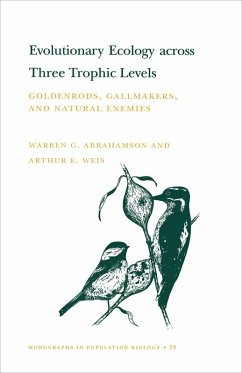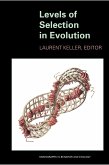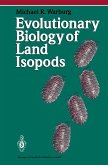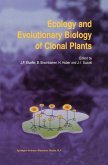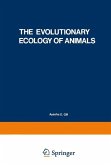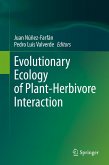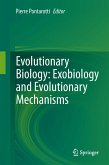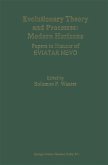In a work that will interest researchers in ecology, genetics, botany, entomology, and parasitology, Warren Abrahamson and Arthur Weis present the results of more than twenty-five years of studying plant-insect interactions. Their study centers on the ecology and evolution of interactions among a host plant, the parasitic insect that attacks it, and the suite of insects and birds that are the natural enemies of the parasite. Because this system provides a model that can be subjected to experimental manipulations, it has allowed the authors to address specific theories and concepts that have guided biological research for more than two decades and to engage general problems in evolutionary biology.
The specific subjects of research are the host plant goldenrod (Solidago), the parasitic insect Eurosta solidaginis (Diptera: Tephritidae) that induces a gall on the plant stem, and a number of natural enemies of the gallfly. By presenting their detailed empirical studies of the Solidago-Eurosta natural enemy system, the authors demonstrate the complexities of specialized enemy-victim interactions and, thereby, the complex interactive relationships among species more broadly. By utilizing a diverse array of field, laboratory, behavioral, genetic, chemical, and statistical techniques, Abrahamson and Weis present the most thorough study to date of a single system of interacting species. Their interest in the evolutionary ecology of plant-insect interactions leads them to insights on the evolution of species interactions in general. This major work will interest anyone involved in studying the ways in which interdependent species interact.
The specific subjects of research are the host plant goldenrod (Solidago), the parasitic insect Eurosta solidaginis (Diptera: Tephritidae) that induces a gall on the plant stem, and a number of natural enemies of the gallfly. By presenting their detailed empirical studies of the Solidago-Eurosta natural enemy system, the authors demonstrate the complexities of specialized enemy-victim interactions and, thereby, the complex interactive relationships among species more broadly. By utilizing a diverse array of field, laboratory, behavioral, genetic, chemical, and statistical techniques, Abrahamson and Weis present the most thorough study to date of a single system of interacting species. Their interest in the evolutionary ecology of plant-insect interactions leads them to insights on the evolution of species interactions in general. This major work will interest anyone involved in studying the ways in which interdependent species interact.
Dieser Download kann aus rechtlichen Gründen nur mit Rechnungsadresse in A, D ausgeliefert werden.

